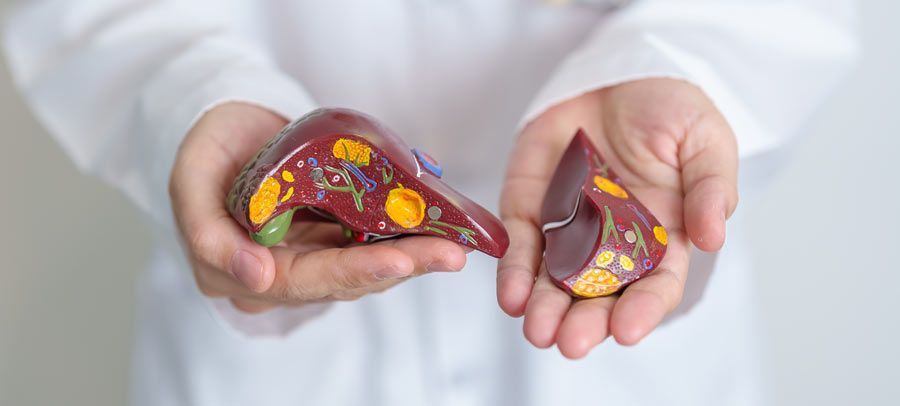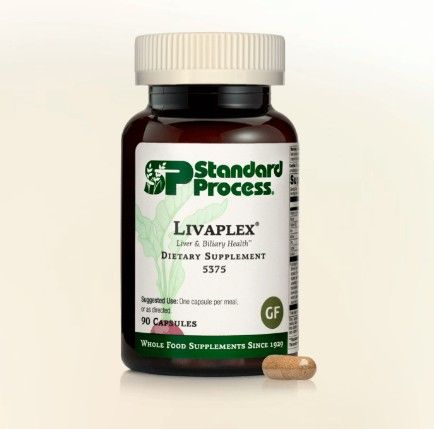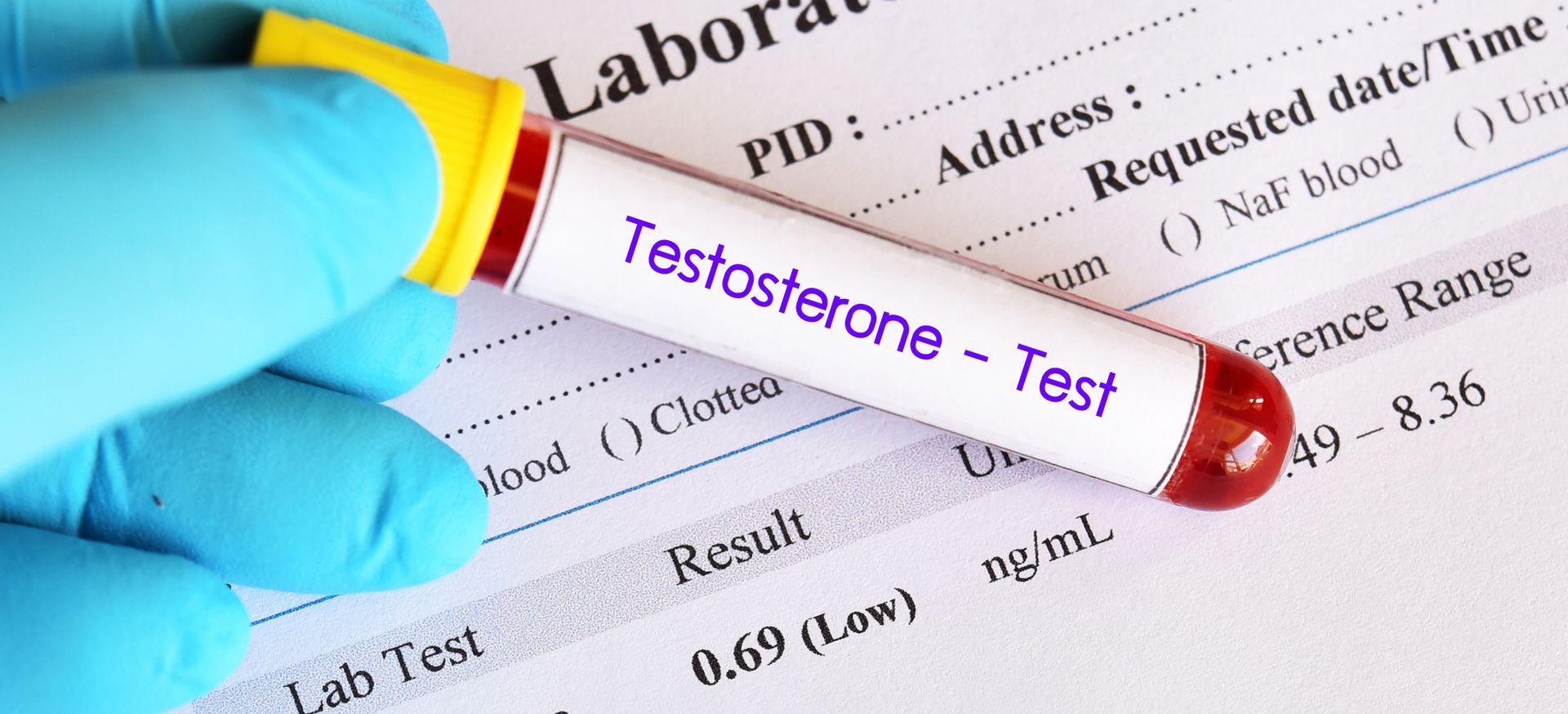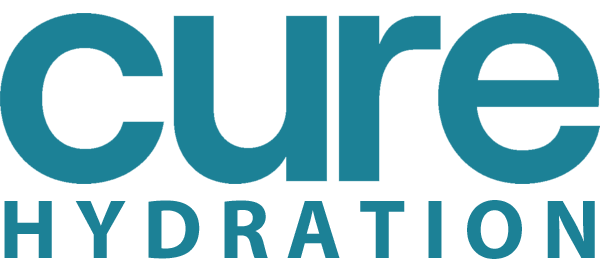Understanding Fatty Liver Disease From An Integrative Perspective
If left unchecked, Fatty Liver Disease can progress to more severe liver conditions, with dire health consequences. The progression from simple steatosis (fat accumulation) to Non-Alcoholic Steatohepatitis (NASH) involves inflammation and liver cell damage. Over time, NASH can lead to fibrosis (scarring) and eventually cause cirrhosis, which severely impairs liver function and can result in liver failure or hepatocellular carcinoma (liver cancer).
-Dr. Dana Cohen

Natural Remedies for Fatty Liver Disease
Understanding the essential functions of the liver and recognizing the detrimental effects of a fatty liver are crucial steps toward effective prevention and treatment. This blog post delves into the intricacies of Fatty Liver Disease, explores its symptoms and causes, and contrasts traditional medical treatments with Dr. Cohen's natural and holistic therapeutic approaches. We will also outline the potential consequences if this condition is left untreated, shedding light on the importance of early detection and comprehensive care.
What Does the Liver Do?
The liver, the largest internal organ, is pivotal to overall health and well-being. Nestled snugly in the upper right quadrant of the abdomen, it plays a multifaceted role in the body. Primarily, the liver is responsible for detoxifying harmful substances, producing bile to aid in digestion, storing essential nutrients, and regulating metabolic processes. It filters the blood, removing toxins and processing nutrients absorbed from the digestive tract. Moreover, the liver plays a crucial role in managing cholesterol levels, blood clotting, and immune response. Given its varied and vital functions, the health of the liver is paramount to our overall health.
What is Fatty Liver?
Fatty Liver Disease, scientifically termed hepatic steatosis, is a condition characterized by the accumulation of excess fat in liver cells. While it is normal for the liver to contain some fat, when fat constitutes more than 5-10% of the liver's weight, it becomes problematic. There are two primary forms of this disease: Alcoholic Fatty Liver Disease (AFLD) and Non-Alcoholic Fatty Liver Disease (NAFLD). AFLD is directly linked to excessive alcohol consumption, while NAFLD is associated with metabolic syndrome, obesity, diabetes, and other non-alcohol-related factors.
Standard Process Livaplex
Livaplex is a supplement for liver health that provides foundational support for the liver.
- Supports healthy liver function
- Supports the body's normal toxin-elimination function
- Supports normal digestive environment in the GI
- Supports normal bile production*
- Excellent source of vitamin B6 and zinc
- Good source of iron, copper, niacin, and antioxidant vitamin A
Symptoms and Causes of a Fatty Liver
One of the challenges with Fatty Liver Disease is that it often presents with little to no symptoms in its early stages. As the condition progresses, symptoms such as fatigue, abdominal discomfort, and generalized malaise may become more pronounced. In much more advanced cases, individuals might experience jaundice (yellowing of the skin and eyes), swelling in the abdomen and legs, and mental confusion.
Causes of fatty liver are multifaceted. For AFLD, the primary cause is chronic alcohol consumption. In contrast, NAFLD is driven by obesity, insulin resistance, high blood sugar, elevated triglycerides, and a sedentary lifestyle. Genetic factors also play a role, making some individuals more susceptible than others.
Traditional Medical Treatments
The traditional medical community approaches Fatty Liver Disease primarily by addressing its underlying causes and associated risk factors. In cases of AFLD, the first line of intervention is typically the cessation of alcohol consumption. For NAFLD, the focus is on lifestyle modifications aimed at weight reduction, dietary changes, and increased physical activity. Medications may be prescribed to manage associated conditions such as diabetes, high cholesterol, and hypertension. Unfortunately, there are no specific medications approved solely for the treatment of fatty liver, leaving lifestyle changes and managing associated diseases as the cornerstone of treatment.
Doctors may also recommend regular monitoring of liver function through blood tests, imaging studies like ultrasounds, and, in some cases, liver biopsies. These strategies aim to prevent the progression of Fatty Liver Disease to more severe stages, such as Non-Alcoholic Steatohepatitis (NASH), cirrhosis, or liver cancer.
Dr. Cohen's Holistic Approach to Treating Fatty Liver Disease
Dr. Dana Cohen's integrative approach goes beyond traditional methods, embracing a holistic paradigm that incorporates natural remedies and lifestyle alterations tailored to the individual. Dr. Cohen emphasizes the importance of addressing the whole person – mind, body, and spirit – in treating and managing Fatty Liver Disease.
- Personalized Nutrition Plans - At the core of Dr. Cohen's treatment philosophy is personalized nutrition. Recognizing that every individual is unique, she constructs dietary plans that are rich in anti-inflammatory foods, lean proteins, healthy fats, and complex carbohydrates. She advocates for the elimination of processed foods, refined sugars, and trans fats, which contribute to liver fat accumulation and inflammation. Moreover, she may recommend supplementation with vitamins, minerals, and antioxidants known to support liver health, such as vitamin E, omega-3 fatty acids, and milk thistle.
- Detoxification Programs - Dr. Cohen also incorporates detoxification protocols aimed at reducing the liver's toxic load. This might include guided fasting, juicing, and the use of natural supplements that aid in the liver's detoxification processes, such as dandelion root, turmeric, and garlic. Tailored detox programs help to cleanse the liver, rejuvenate liver cells, and improve overall liver function.
- Mind-Body Connection - Understanding the interplay between stress and liver health, Dr. Cohen incorporates stress reduction techniques into her treatment protocols. Practices like yoga, mindfulness meditation, and acupuncture are integral components that help manage stress levels, thus reducing the risk of exacerbation of liver conditions. Stress management is crucial, as chronic stress can contribute to hormonal imbalances and metabolic disturbances that are detrimental to liver health.
- Exercise and Physical Activity - Dr. Cohen strongly emphasizes the role of physical activity in managing Fatty Liver Disease. Regular exercise helps to improve insulin sensitivity, burn excess fat, and reduce inflammation. She tailors exercise regimens to suit individual capabilities and preferences, ensuring they are both effective and sustainable. This holistic approach not only helps in managing fatty liver but also contributes to overall health and vitality.
- Integrative Therapies - In addition to dietary, lifestyle, and guided supplementation modifications, Dr. Cohen may recommend integrative therapies such as Traditional Chinese Medicine (TCM) and Ayurveda, which have long histories of addressing liver issues. These ancient modalities offer herbal formulations and practices that support liver health, balance the body's energies, and promote holistic well-being.
The Consequences of Untreated Fatty Liver Disease
If left unchecked, Fatty Liver Disease can progress to more severe liver conditions, with dire health consequences. The progression from simple steatosis (fat accumulation) to Non-Alcoholic Steatohepatitis (NASH) involves inflammation and liver cell damage. Over time, NASH can lead to fibrosis (scarring) and eventually cause cirrhosis, which severely impairs liver function and can result in liver failure or hepatocellular carcinoma (liver cancer).
Patients with advanced liver disease may experience severe complications, including portal hypertension, variceal bleeding, and hepatic encephalopathy (a decline in brain function due to severe liver disease). These conditions are life-threatening and highlight the critical need for early detection and comprehensive management of Fatty Liver Disease.
Conclusion
Fatty Liver Disease is a widespread and often silent condition that requires vigilant attention and multifaceted management. While traditional medical approaches focus on lifestyle changes and managing associated conditions, Dr. Dana Cohen's integrative and holistic perspective offers a broader, more comprehensive strategy. By combining personalized nutrition, detoxification, stress reduction, and integrative therapies, Dr. Cohen addresses the symptoms and the root causes of Fatty Liver Disease.
Her approach underscores the importance of treating the individual as a whole, considering physical, mental, and emotional health in tandem. This holistic paradigm not only aids in managing fatty liver but also enhances overall well-being, empowering patients to lead healthier, more balanced lives. In the fast-paced environment of New York City, Dr. Cohen's integrative practice shines as a pathway to sustainable health and wellness, offering hope and healing to those grappling with Fatty Liver Disease.



















